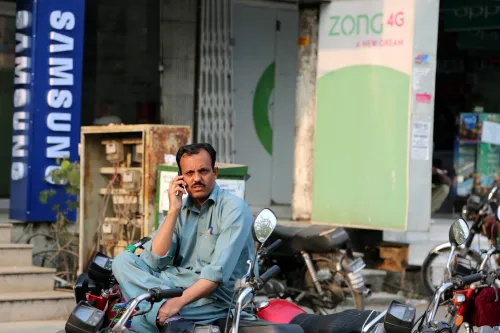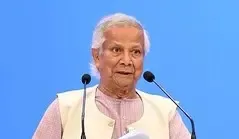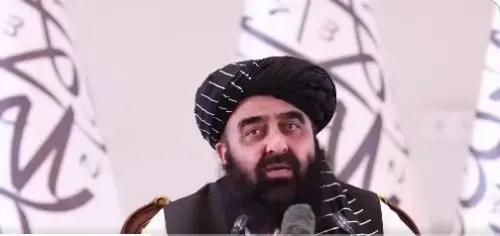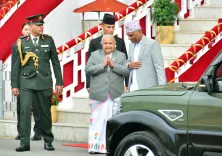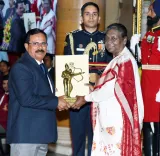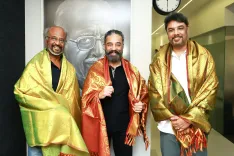Could South Korea's Constitution Change to Allow Two Four-Year Presidential Terms?
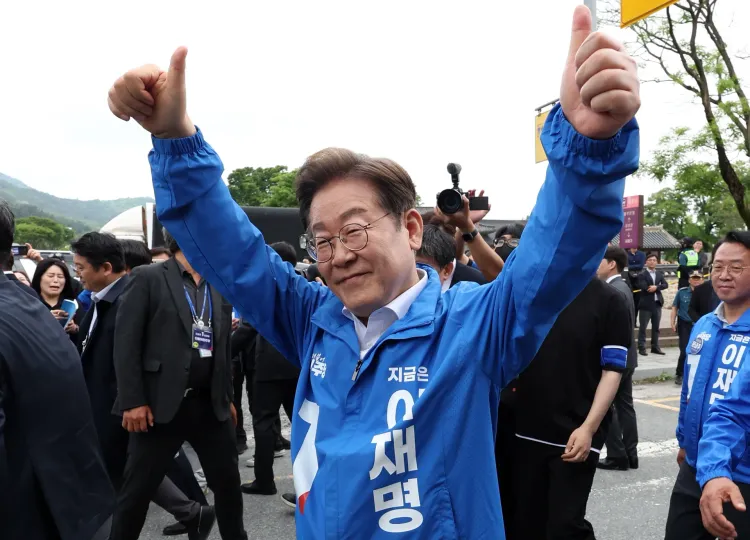
Synopsis
Key Takeaways
- Proposal for two four-year presidential terms
- Enhancement of presidential accountability
- Call for a referendum in 2028
- Introduction of a runoff election system
- Limitation of presidential powers
Seoul, May 18 (NationPress) The South Korean Democratic Party (DP) presidential candidate Lee Jae-myung has put forward a proposal to amend the nation's Constitution, aiming to permit a president to serve two four-year terms. This initiative is anticipated to diminish presidential powers, as voters would have the opportunity to assess a president's performance after the first term, Lee indicated in a Facebook update.
By implementing a double-term presidency, Lee believes that a president's accountability will be enhanced, especially with mid-term elections introduced. He urged the National Assembly to establish a special committee to engage in discussions regarding the proposed amendment, as reported by Yonhap news agency.
Since the amendment to the Constitution in 1987, South Korea has operated under a single five-year presidential term. Lee suggested holding a referendum on the amendment during the upcoming local elections next year or the general elections in 2028.
Additionally, he proposed the implementation of a runoff system for presidential elections to reduce social conflict, along with requiring parliamentary recommendations for prime minister appointments and approval for heads of government agencies.
Lee also advocated for constraining presidential veto powers and insisted that the president should seek parliamentary consent when declaring martial law. In emergencies, if parliamentary approval is not obtained within 24 hours, the declaration should automatically lose its effect, he asserted.
After commemorating the 1980 Gwangju pro-democracy uprising, Lee informed reporters that the proposed constitutional amendment for the two-term presidency would not be applicable to the current president. He stated, “Our Constitution stipulates that amendments do not affect the sitting president.” He expressed that if the amendment is enacted shortly after the local elections, it would be timely.
Lee emphasized the need for thoughtful consideration regarding the terms for the nation’s leader. He noted, “Stabilizing the country and enhancing citizens’ livelihoods are more crucial than the constitutional amendment itself.” He believes it would be logical to pursue the amendment alongside the forthcoming local elections.
Highlighting the collaborative nature of constitutional amendments, Lee called for a focus on compromise rather than a complete overhaul.

